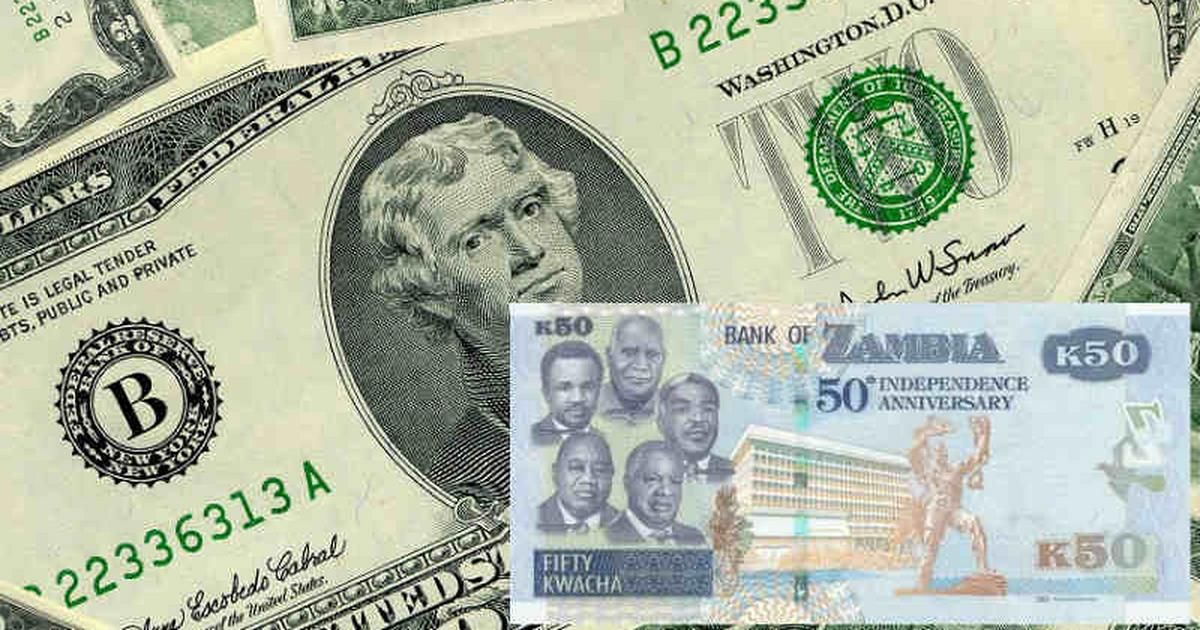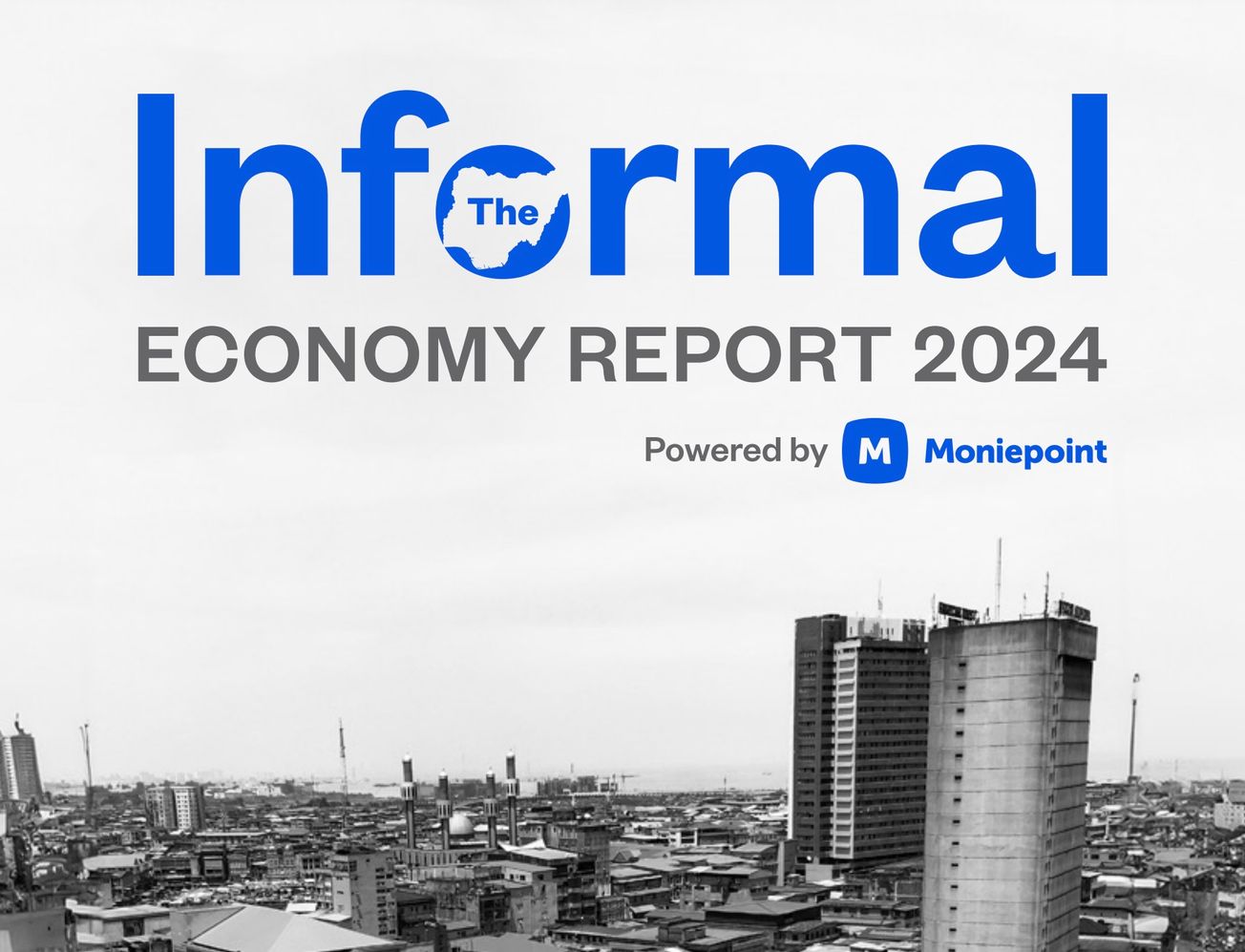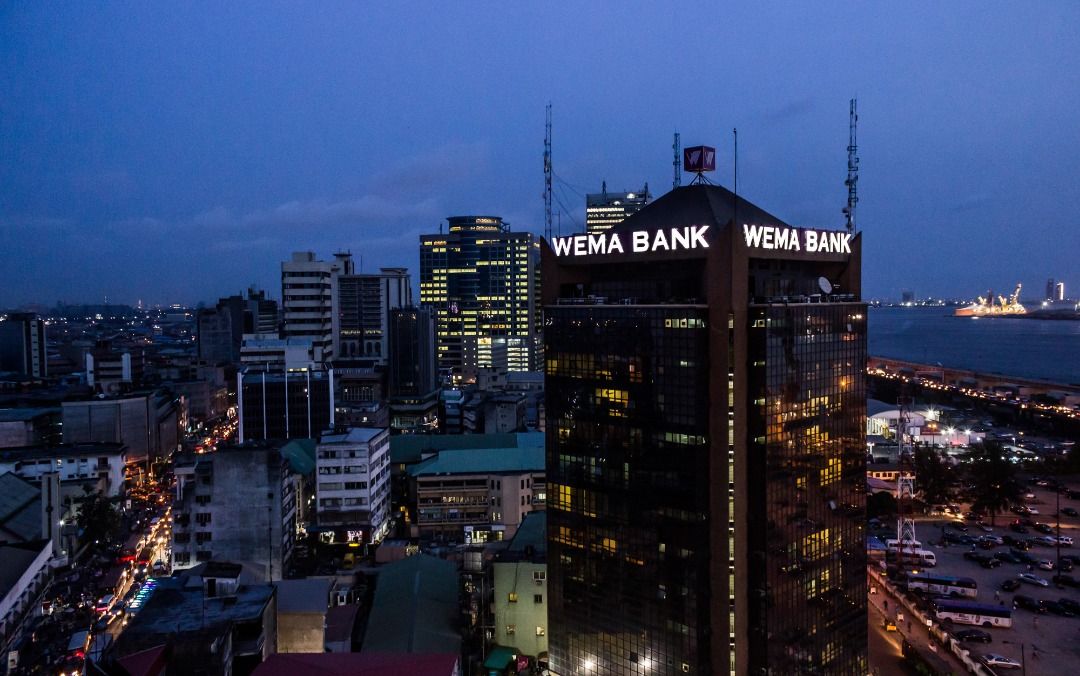MasterCard has been suspended from issuing cards - debit and credit to customers in India owing to a violation of data storage laws. The law requires payments data to be stored in India so that regulators can have full access to payment details.
The Reserve Bank of India accused the company of violating a 2018 order. The apex bank claims that the global payments service provider failed to comply with rules requiring foreign card networks to store data on Indian payments exclusively in India.
"Notwithstanding (the) lapse of considerable time and adequate opportunities being given, the entity (Mastercard) has been found to be non-compliant with the directions of Storage Payment System Data." RBI
The new order which prevents MasterCard from issuing debit, credit, or prepaid cards to customers kicks off in India on 22 July. MasterCard, at the time of writing, is yet to release a statement concerning its ban. It is, however, important to note that the ban will not affect MasterCard's existing customers.
MasterCard is not the only firm in this train, as similar sanctions have been placed on American Express and Diners Club earlier this year due to similar violations. Both firms responded with moves to influence the legislature's decisions claiming such sanctions will lead to an increase in the cost of doing business in the country. However, the stance of the Reserve Bank of India remains the same.
Last year, Mastercard accounted for 33% of all card payments in India, according to London-based payments start-up PPRO quoted by AFP news agency. Two years ago, the firm announced an investment of a billion dollars over the next five years as part of its expansion plans in India.
It will be interesting to see how the battle between MasterCard and regulators unfold. Going by history, MasterCard will find it difficult to get on the good side of regulators.
India in focus
GDP: $2.262 trillion compared to $2.871 trillion in 2019
Population: 1.38 billion in 2020 compared to 1.366 billion in 2019
GDP per capita: $1,900 in 2020 compared to $2,100 in 2019








